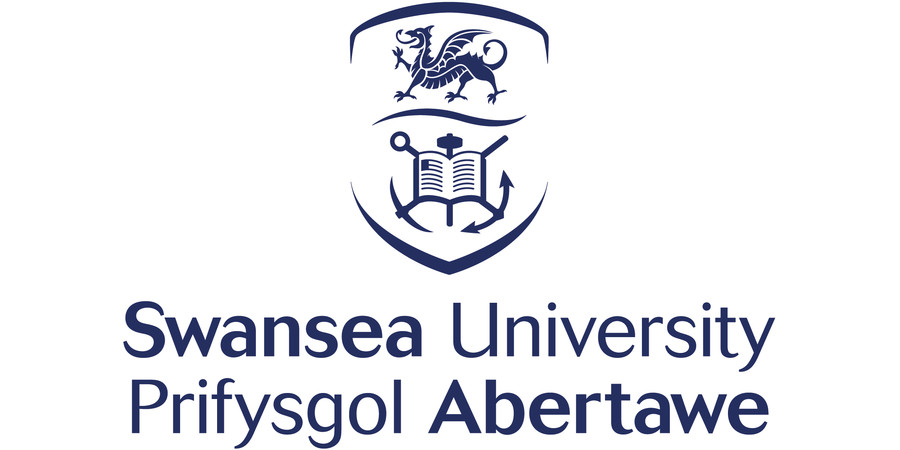Materials Science and Engineering: Fully Funded PhD Studentship: Developing Correlative Microscopy and Microanalysis Methods for Mineralised Biological and Industrially-relevant Materials
Swansea University - Materials Science and Engineering
| Qualification Type: | PhD |
|---|---|
| Location: | Swansea |
| Funding for: | UK Students, EU Students, International Students |
| Funding amount: | £19,237 stipend for 2025/26 |
| Hours: | Full Time |
| Placed On: | 16th May 2025 |
|---|---|
| Closes: | 2nd June 2025 |
| Reference: | RS830 |
We are seeking a motivated PhD candidate to work on an exciting project that will advance correlative microscopy and microanalysis methods for studying mineralised biological materials and industrially-relevant human-made materials. This project will address key priorities in the microscopy sector by developing workflows that integrate cutting-edge imaging and characterization techniques and enable cohesive analysis across modalities and length scales.
This PhD project is a collaboration between Swansea University and Carl Zeiss, a global leader in microscopy solutions. Both partners are deeply committed to advancing characterisation methods and workflows that address pressing challenges in areas such as correlative characterisation, biological systems, net-zero and the circular economy, energy and decarbonization, and medicine and healthcare.
The project will potentially focus on a diverse range of materials and systems, including:
- Biological, bioinspired, and biocompatible materials
- Steel and other metal alloys. Other raw materials (i.g. Construction materials)
- Electronic and photovoltaic materials
Research study area 1:
The first research focus will be the application of advanced imaging and characterization techniques to mineralized biological materials, with an emphasis on developing correlative workflows tailored to these complex systems. Study 1 will specifically investigate the mineralized ‘armour’ found in certain species of leafcutter ants, including Acromyrmex octospinosus.
This unique biological adaptation presents a fascinating challenge for characterization due to the intricate structure and composition of the mineralized layers. The goal of this study will be to establish and refine advanced workflows that can effectively analyze these materials, offering insights relevant to the fields of synthetic biology, bio-derived materials, and bioinspired design.
The outcomes of this research will provide a foundation for understanding and replicating natural mineralisation processes, paving the way for innovations in next-generation materials inspired by nature’s design principles.
The candidate will explore workflows across optical, electron, and 3D X-ray microscopy platforms, with an emphasis on integrating data from other complementary characterisation methods, such as nanomechanical testing, spectroscopy, or in-situ sample manipulation. Additionally, the candidate may utilise other preparation techniques to formulate samples for further imaging and analysis.
This global project will involve collaboration with Zeiss teams in the UK, Germany, and California (USA), offering the candidate a unique opportunity to leverage world-class expertise and cutting-edge technologies. The outcomes of this PhD will likely include high-impact publications detailing novel correlative pathways and new insights enabled by these advanced characterisation methods.
Prior experience in the microscopy and characterisation techniques outlined above is not essential, all training will be provided.
Funding
This scholarship covers the full cost of tuition fees and an annual stipend at UKRI rate (currently £19,237 for 2024/25).
Additional research expenses of up to £1,000 per year will also be available.
Advert information
Type / Role:
Subject Area(s):
Location(s):









